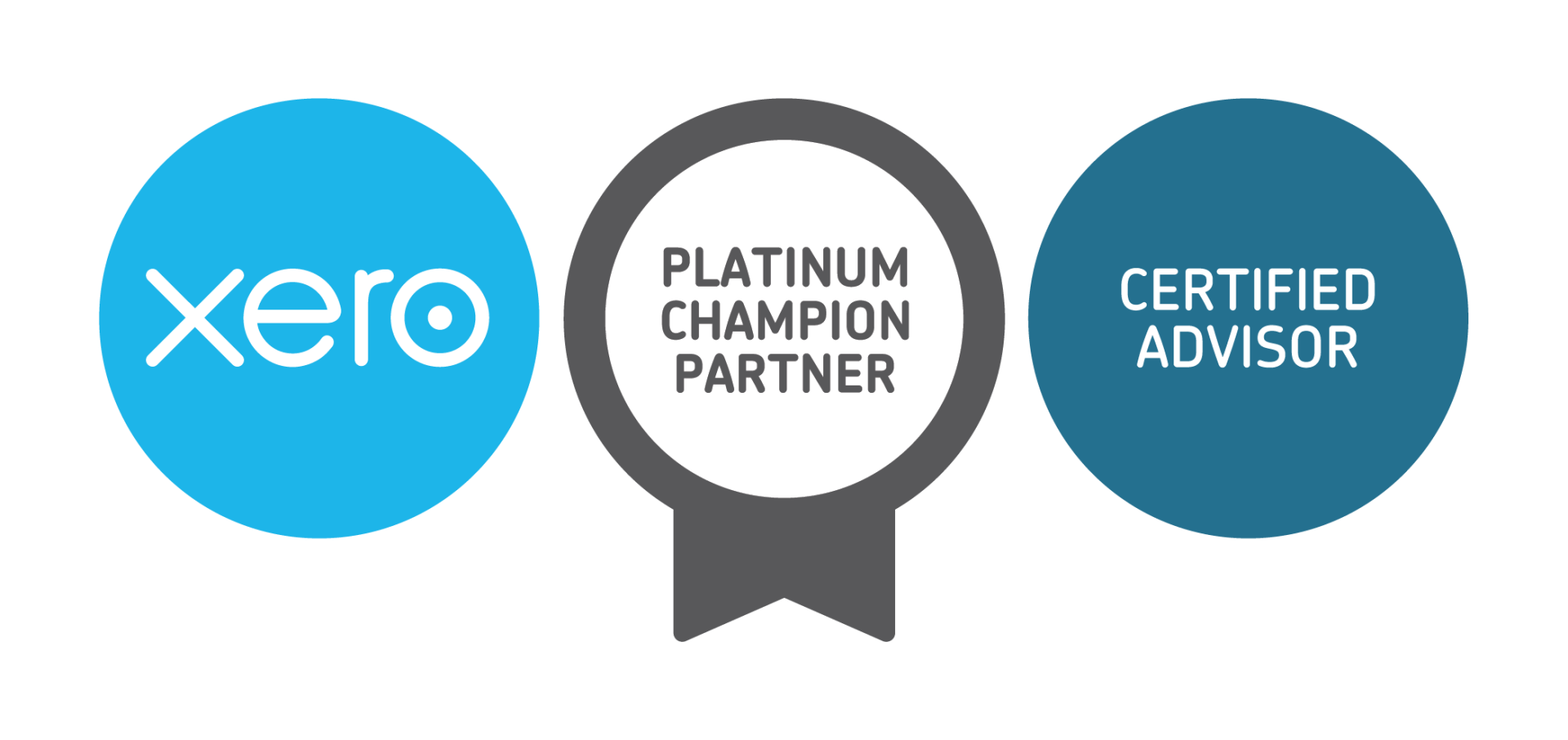
Thanks a lot for finding your way to the Murray Nankivell blog on understanding cash flow.
First, what is cash flow?
In simple
Now while the meaning of cash flow may be relatively simple, learning how to understand and manage cash flow is another thing entirely.
In fact not understanding and mismanaging cash flow is what puts most businesses out of businesses.
Please note, when it comes to the subject of understanding cash flow we're a little biased. The reason for that is, as one of Australia's leading accounting firms, we think learning how to understand cash flow is the best investment any business owner can make in themselves and their business.
Why is understanding cash flow crucial?
For example:
• BAS Statements and taxes are paid with cash
• Employees wages and superannuation contributions are paid with cash
• Suppliers are paid with cash
• Loans are paid with cash
•
• And the list goes on.
In fact, meet John.

John is a small business owner who pays his suppliers, employee wages, truck repairs and other expenses every Tuesday. This week he has a balance of $9,000 in his businesses float account for this
To make matters worse, John is hoping and praying that the BIG invoice due at the end of the week will come in so he has money to pay his staff and suppliers next Tuesday. This is cash flow in action. Money in and money out.
Of course, in John's
What are some of the triggers that can affect a
We know from first-hand frontline experience of helping our business owner clients learn and manage their cash flow that every client's cash flow and business is as individual as they are.
Some of the triggers that can play havoc with the cash flow in a business include but are not limited to:
• When your accounts are payable
• Seasonal events, such the period between Christmas and New Year
• Inventory you're holding or purchasing
• Accounts receivable – when customers have already received your products or services but have not paid you yet
• Delaying or not setting aside your employee taxes or BAS component, which means you have to come up with a large sum of cash all at once at the end of each quarter
• Lines of credit and credit cards
• A basic lack of understanding of cash flow, projecting cash flow, budgets and how it all fits and works together.
"
Through Matt Rowett's
Matt has not only advised us regarding
with the leadership and support Matt has provided our business."
Graham and Julie Ramsdale - Tatiara Seeds
So what are the differences between cash flow, budgets & profits?
Many people in business have a tendency to confuse or bundle profits, cash flow and budgets as all the same. This is inaccurate.
Cash Flow
- as we mentioned earlier, cash flow is the cash coming and going out for wages, suppliers, taxes and other expenses to operate your business daily or weekly.
Profit -
is the money left over once all those expenses have been deducted from your revenue.
Budgets
– are a plan relating to how you are going to earn and spend money.
Any comments you'd like to add about understanding cash for your business?
If you have any tips, thoughts or experiences you'd like to share about understanding cash flow for business, please send us an email. We'd love to hear them!
Conclusion
The ability to understand cash flow is crucial if you desire to grow and succeed in business.
Apart from the obvious benefits of knowing how much money is coming in and going out of your business (and you can also apply the same learning to your personal life), understanding cash flow in your business also helps you track and measure other key performance indicators of your business.
How Can You Get More Information About Understanding Cash Flow?
To ask us question about understanding Cash flow for your business please email bordertown@murraynankivell.com.au
or call us on (08) 8752 8888
About Murray Nankivell
Our goal, mission and purpose are to help people reach their full financial potential professionally and personally and whatever that means for them.
We understand everyone is different which is why we're anything but your typical Accounting Practice. It's also why we've been growing our clients' businesses, minimising their tax and improving their bottom line for almost 80 years.
You see, we're well known for having a personal approach where we get to know you, what you want and what you want your business to give you first.
We have three main offices - Naracoorte, Bordertown and Murray Bridge – as well as 11 visiting offices in Meningie, Coonalpyn, Tintinara, Lameroo, Keith, Millicent, Robe, Penola, Kingston, Nhill and Kaniva. We're also happy to visit all areas in between on appointment so if you would like to know about understanding cash flow for your business or any other business taxation information please call us on (08) 8752 8888

About the Author - Jon Mock
Other posts you may be interested in:

LEGAL
Liability limited by a scheme approved under Professional Standards Legislation.
Investngro Pty Ltd ABN 53 113 102 695 trading as Murray Nankivell Financial Planning, is an authorised representative of Count Financial Limited ABN 19 001 974 625 holder of Australian financial services licence number 227232 (“Count”). Count is owned by Count Limited ABN 111 26 990 832 of GPO Box 1453, Sydney NSW 2001. Count Limited is listed on the Australian Stock Exchange. Any taxation and accounting services are provided by Murray Nankivell and are not within the authority Count. The information on this web site is not financial product advice and is provided for information only.





